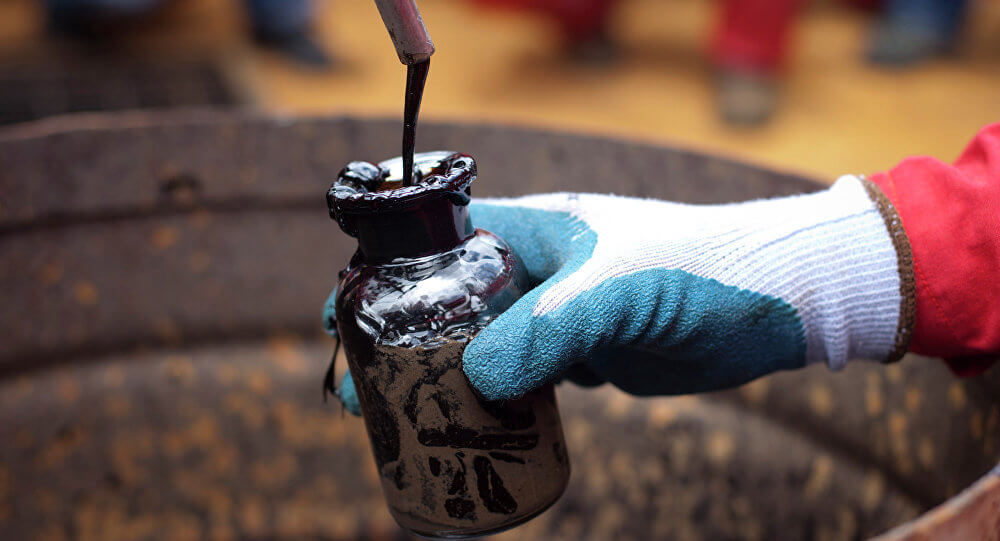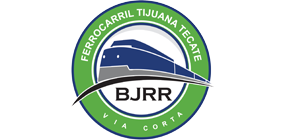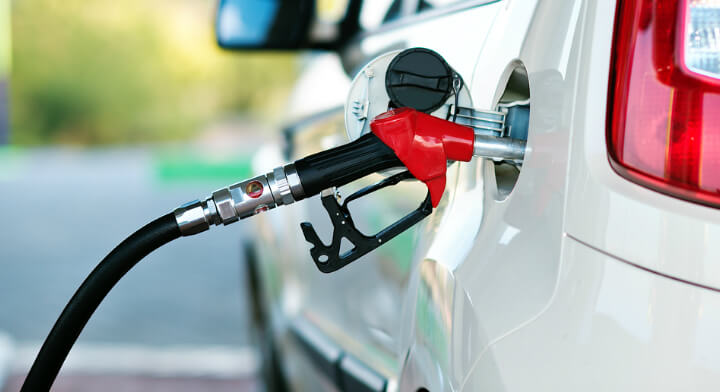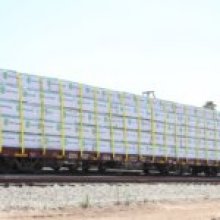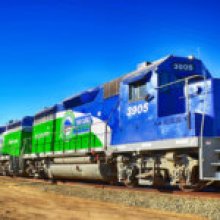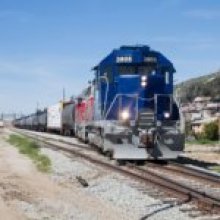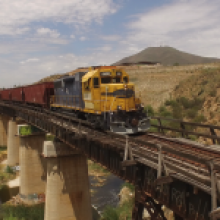This past June 29th, CRE (The Energy Regulatory Commission of Mexico) published a document that contained authorization of different permits for various Petroleum related issues in the name of different companies. One of five companies that were mentioned as obtaining a Permit for Transportation of Hydrocarbons (Gasoline, diesel and Jet fuel) was BAJA CALIFORNIA RAILROAD (BJRR). This document authorizes BJRR for transporting these products.
Roberto Romandia, General Director and CEO for BJRR sited that with the regulations of Mexican energy reform, it’s now possible for US refineries to sell into Mexico for distribution, and that BJRR has identified wholesalers in the US along with a segment of the hydrocarbon retail market in the Baja area that’s very interested in doing business.
He mentioned that the option to transport these products, specially gasoline and diesel via rail brings huge advantages to Baja California and can generate economic growth because of the overflow on stock in these commodities that the US market is experiencing that can be stored, transloaded and sold by entities both Mexican and American.
He also said that BJRR has the infrastructure and experience handling Hazmat with the BNSF though the San Diego & Imperial Valley Railroad and also in the very near future with Union Pacific. This means that Baja California as final destination for these products can be sourced all along the US (Texas, Utah, California etc.) for refineries that can offer the best cost of this product, with the knowledge that they can enter Baja by either the West Gate (San Ysidro CA.) or the East Gate (Campo Ca. at “Division”).
“Our customers will decide the origin and the final destination of gasoline, diesel or jet fuel, knowing that we comply 100% with FRA standards in the US and CRE for Mexico. We will also be able to transload in a specially designated area for this operation approved by SCT (Department of Communications and Transport in Mexico) in a safe and control process”.
Romandia considered that other than the pipeline, rail is the second best option for transporting commodities such as gasoline and diesel, and that the difference between shipping by sea is compensated by the flexibility and lower cash flow requirements that the rail can provide to selling points such as gas stations.
“From a logistic point of view we can respond and adjust faster than other transportation methods from origin to final destination”.
He commented that there are at least three interested companies in the region that are very actively pursuing an agreement of importing this products into the region. One that specially stands out is The Tijuana Association of Gas Owners (APEGT), who have confirmed that rail is their best option for transportation.
The APEGT has supported BJRR in the process of obtaining the transportation permit. They estimate moving 20 millions liters per month. That translates into 200 rail tank cars that will be distributed to approximately 60 gas stations in Tijuana.
Finally, Romandia concluded that BJRR is ready and able to satisfy the needs of the region for fuel transportation at an affordable price so consumers can be assured that the transportation cost for gasoline, diesel and all hydrocarbons are delivered in a cost efficient and safe manner.
